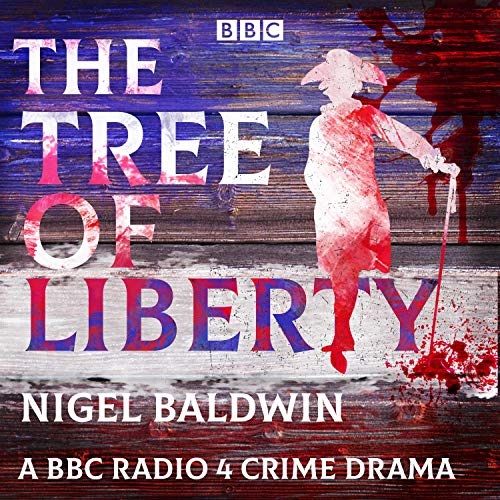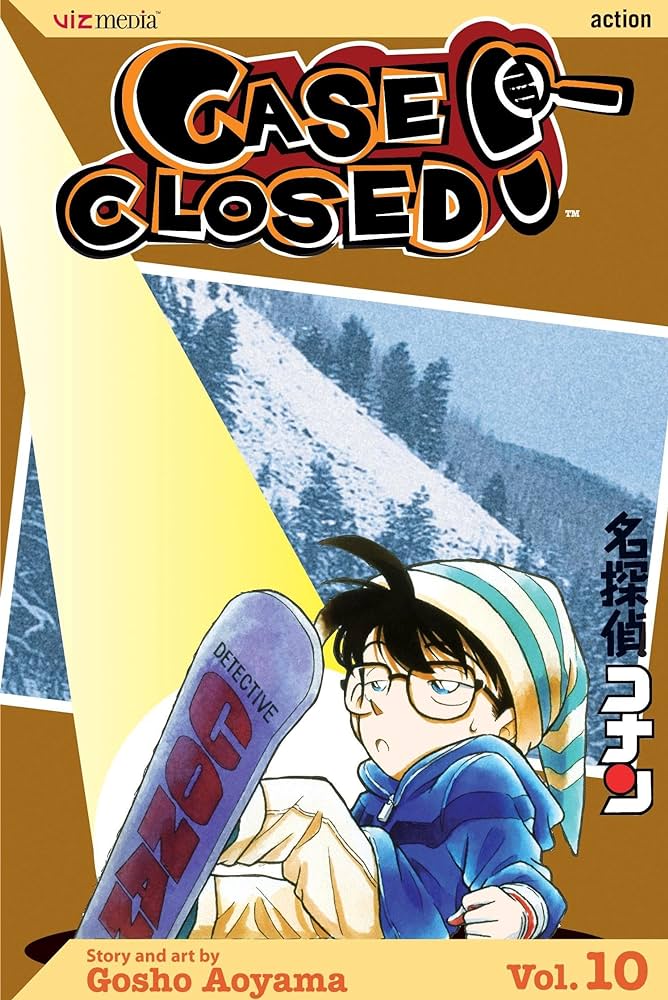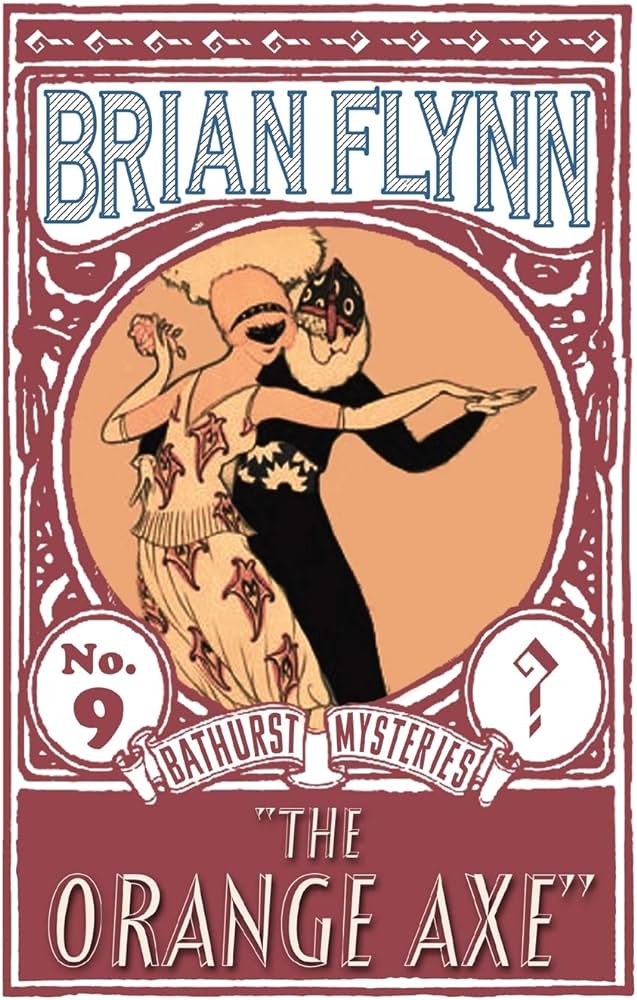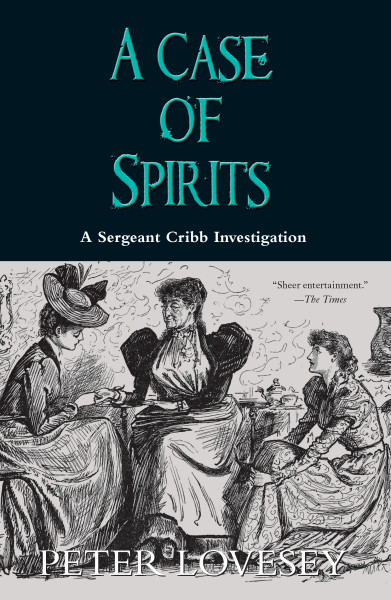
Originally Published in 1842
This story is one of those contained within the collection Tales of Mystery and Imagination.
Auguste Dupin #2
Preceded by The Murders in the Rue Morgue
Followed by The Purloined Letter
This is the first murder mystery based on the details of a real crime. It first appeared in Snowden’s Ladies’ Companion in three installments, November and December 1842 and February 1843.
A little over a year ago I wrote about the first of Edgar Allan Poe’s three Dupin mysteries, The Murders in the Rue Morgue. At that time I had every expectation I would blog about all three stories and actually read this one in preparation for that. Unfortunately that was right about the time real life got in the way of my blogging and by the time I was ready to write about it, the memories had faded too much to put anything accurate or coherent together.
Well, this week I decided to go ahead and read it again so the story is now fresh in my mind. I don’t know if I can promise that my thoughts are all that more coherent than they would have been a year ago though…
Like its predecessor, The Mystery of Marie Rogêt is more of a long short story than a novella. It is also narrated by the same nameless friend of Dupin who is still in awe of his friend’s ability to use ratiocination to logically work through and posit explanations for crimes.
One significant difference between this and the other two Dupin stories is that both the narrator and sleuth do not at any point leave their sitting room to investigate the crime. Instead they will be armchair detectives, gleaning and then reinterpreting the facts given in the reports appearing in the city’s newspapers.
The crime in this story is quite famously drawn on a real unsolved case that had occurred several years before Poe wrote this. That victim was Mary Cecilia Rogers, a cigar girl who disappeared once, then reappeared when she returned from an apparent elopement, before disappearing for good three years later. Several days after that second disappearance her body was found floating in the Hudson River having appeared to have been murdered.
As you may have noticed from the title Poe gave his story, he makes little attempt to disguise the source of his inspiration. You don’t need to be a genius detective to see the links between the names Marie Rogêt and Mary Rogers. And even if you missed it, Poe’s narrator directly makes the connection for the reader just a couple of paragraphs in.
Most of the essential points of the case are presented here as they were – the changes he introduces are mostly incidental. Names are altered. The location is changed but the most essential points are the same.
For this reason many have pointed to the story as being one of the first instances of a crime writer finding inspiration in a famous, real-life crime. In a technical sense I think that it true but I would suggest that there is a gulf between what Poe is doing here and what, for example, Agatha Christie does in The Murder on the Links or Dorothy L. Sayers in Strong Poison. Where those writers took inspiration as a starting point for a narrative, Poe is fictionalizing here to enable him to posit his own ‘very rigorous analysis’ of a real crime.
I think it is clear that this is his intent from some of the storytelling decisions Poe makes. Most tellingly, once Dupin gleans everything he can from the newspaper reports the story simply stops. He identifies what he thinks is the logical explanation of the crime but does not create any additional evidence or provide us with any sort of an ending in which his deductions can be proved.
Similarly the device of telling us what happened through an extended newspaper report that has been constructed from the information gleaned from other previous newspaper reporting feels rather clunky and formal. We are simply presented with long blocks of uninterrupted reporting with little opportunity for characterization or comment. I believe that had storytelling been Poe’s primary concern or interest there would have been some form of interviews or at least a visit to the scene of the crime.
Poe however is primarily interested in the idea that processes of logical reasoning are more important than interaction with the evidence. That belief in the process is not unique to Poe – it is not difficult to see it reflected in the approaches taken at times by Holmes or Poirot – but Poe’s dedication to it can come at the expense of engaging storytelling and certainly I believe that is the case here.
I don’t think it helps much that the case itself is nowhere near as mysterious as that in the previous story in spite of Dupin’s claims that this is ‘a far more intricate case’. There is nothing approaching an impossibility in the crime and while the police may not have been able to produce a clear resolution to the case, some overlooked clues do rather stand out in the reporting to the point where the police appear astonishingly incompetent for not considering them.
For instance, there is a point at which Dupin presents several additional paragraphs from previous newspaper reports that were omitted in the main account of the crime. There are several points in those accounts that are so clearly presenting a possible alternative explanation of the crime that it is incredible when our narrator claims:
Upon reading these various extracts, they not only seemed to me to be irrelevant, but I could perceive no mode in which any one of them could be brought to bear in the matter in hand.
The only possible explanation for his thinking the clues irrelevant is that our narrator is an idiot.
While I get the need for the sidekick to be continually amazed by the mental prowess of the detective, it hardly feels earned at that moment. He has certainly shown diligence and solid reasoning but every deduction is reasonable and replicable by the reader.
On a similar note, some of Dupin’s blanket assertions can seem rather silly. For instance I can only echo JJ’s bafflement at the idea that ruffians are more likely to possess handkerchiefs than shirts (and I’ll refer you to the wonderful, spoilery conversation he had with Christian about this story).
There are a few deductive moments however that feel more impressive. I was particularly taken with the inferences Dupin draws from a description of some of the victim’s effects. Delivered without hyperbole, it comes off as a thoughtful and credible block contributing to our understanding of what has happened.
Unfortunately there were just not enough of those moments for me to feel fully engaged in this story. While the real case may have gripped America for months, this fictionalized version felt rather too dry and academic and I never really felt connected to the events of the crime.
The Mystery of Marie Rogêt is certainly another significant work in the development of the detective story. While the illustrations of ratiocination may not be as spellbinding as those in Poe’s previous Dupin story, the process is illustrated well and help to further establish the armchair detective model we would see emulated half a century later by Conan Doyle. I just wish that Poe had been a little less focused on proving a point and taken greater care to give us a compelling story with a satisfying resolution.
The Verdict: As important to the development of the detective story as the previous Dupin mystery but nowhere near as engaging.




Leave a comment